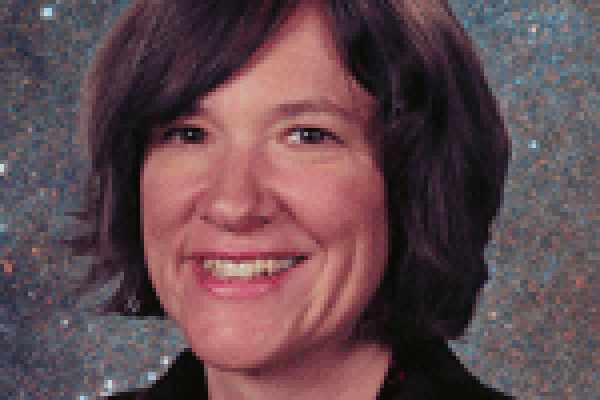
7th Annual R. Jack and Forest Lynn Biard Cosmology and Astrophysics Lecture
Julianne Dalcanton
(University of Washington, Seattle)
Free and open to all
Great for a general audience, including kids
Free parking with this parking voucher (pdf)
Galaxies are complex systems of stars, gas, and dark matter. These three major components interact in many different ways, leading galaxies to have the structure and motions we see today. I will discuss the current paradigm for galaxy formation, and show how some of the most beautiful Hubble Space Telescope observations can be used to extract detailed histories of the nearest galaxies, providing some of the most rigorous constraints on the physics that controls galaxy formation.
Julianne Dalcanton is a Professor of Astronomy at the University of Washington and researcher for Sloan Digital Sky Survey (SDSS). Her main work is on the area of galaxy formation and evolution. She is currently leading the Advanced Camer for Surveys (ACS) Nearby Galaxy Survey TReasurey (ANGST) program on the Hubble Space Telescope.
She became known worldwide by discovering the comet C/1999 F2, which is named after her. She is also a contributor to the physics blog Cosmic Variance.
